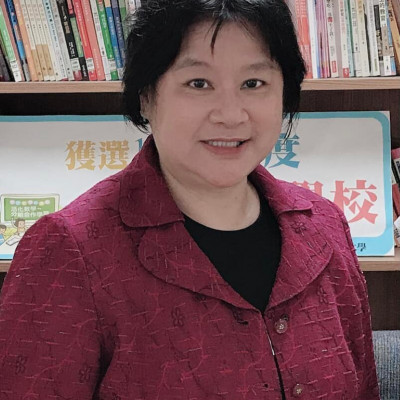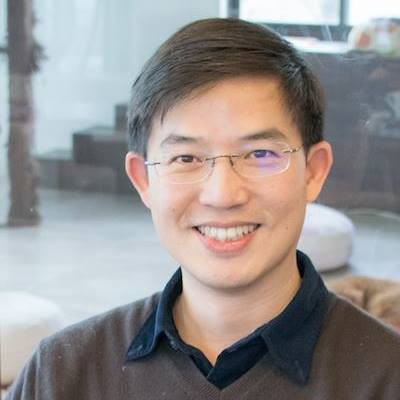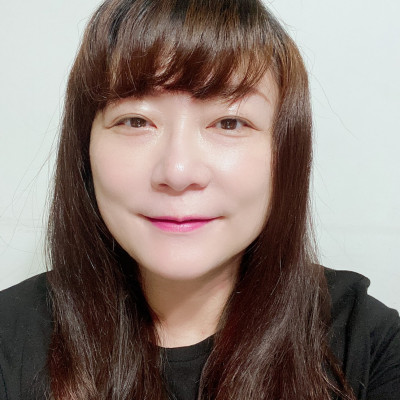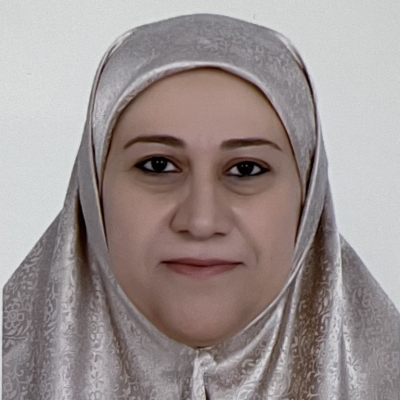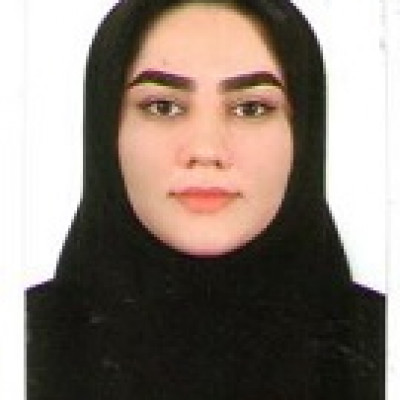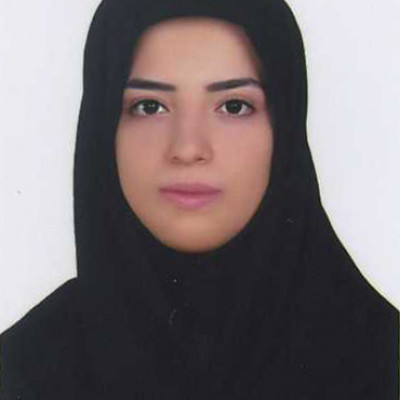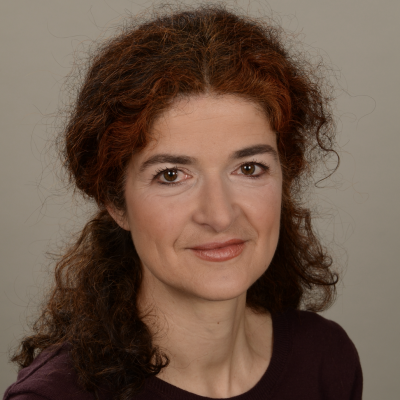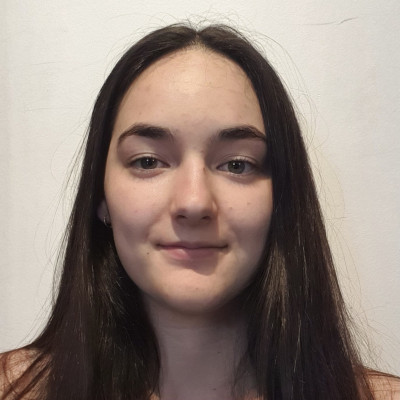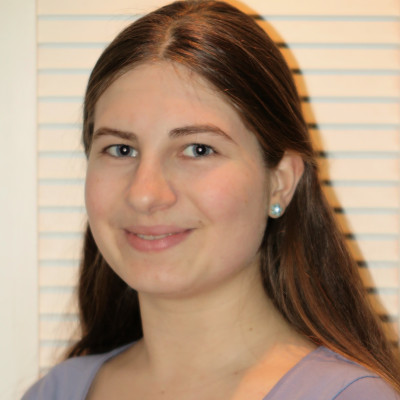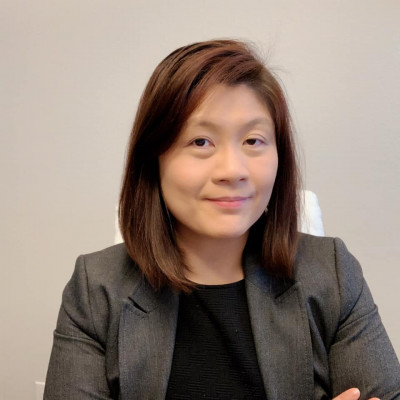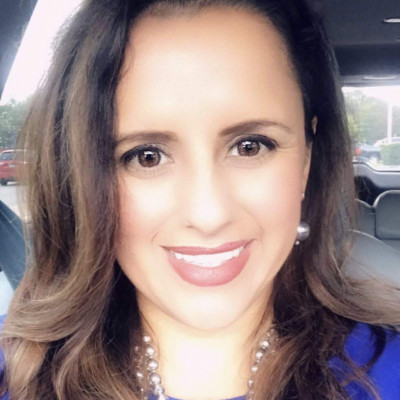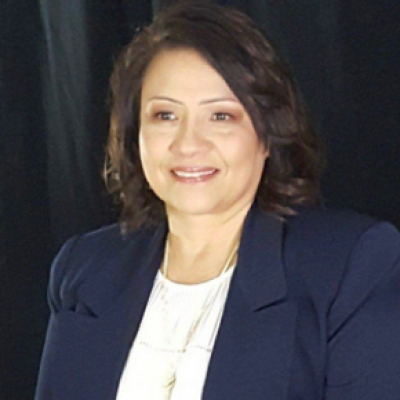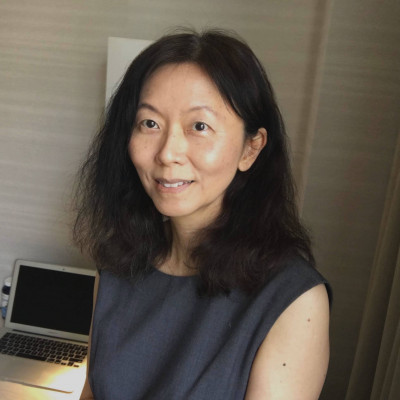Sessions / Bilingual Teacher Education
Elementary School CLIL Teacher’s Target Language Competence and Pedagogical Knowledge #2521
The promotion and practice of bilingual education in Taiwan are sometimes met with doubts and even resistance from classroom teachers, and one major reason is the lack of confidence in their target language competence in teaching CLIL lessons. This presentation will argue that a CEFR minded rhetoric about bilingual teachers’ target language competence requirement actually does a disservice in the promotion of bilingual education. I will discuss different aspects of bilingual teachers’ target language competencies, and provide suggestions for teacher preparation institutes and government agencies to better support teacher’s professional development in this respect.
On Improving Student Teachers’ Bilingual Science Teaching Performance and Self-efficacy: An Action Research #2517
In the 2020 academic year, ten senior students from a pre-service bilingual education program participated in a one-year elementary school teaching practicum at W elementary school with a focus on teaching science bilingually in both Mandarin Chinese and English. This study aims to explore student teachers’ changes in their performance and self-efficacy of teaching science bilingually. The practicum class met four hours a week, during which the students received full support and supervision from the case university, researchers, and W elementary. The student teachers’ instructions were evaluated by a Science education expert and a CLIL expert twice, once in November 2020 as pre-teaching performance, and the other during their full-time teaching at W elementary for three weeks in March 2021 as post-performance. Students’ teaching strength and weakness were analyzed after the pre-test. Most students applied the confirmation inquiry model (not the open-ended inquiry model as recommended in science education), used instructional language that was too difficult for children, showed poor class time management. A three-week remedial coaching program was conducted accordingly with intensive professional consulting among researchers and students during the winter break of 2021.
The instrument used to evaluate bilingual sciences teaching performance was the Bilingual Curriculum Design and Teaching checklist (Tyan, Chien & Tsou, under review). The results of independent t-tests showed statistically significant improvement from pre- to post-test scores in terms of bilingual science teaching performance (t=2.26, p<.05) and bilingual science teaching self-efficacy (t=2.26, p<.001). Students’ changes were elicited from their final reflection. In terms of teaching performance, students focused more on their teaching during the pre-test. They developed various strategies to support children’s learning during the three-week full-time teaching practicum. In terms of learning assessment, students focused only on teaching during the pre-test and lacked the sense of assessment. During the three-week practicum, students had developed a variety of assessment methods. I used worksheets and oral assessments to confirm children’s understanding. In terms of classroom management, during the three-week period, students had developed humane, rigorous, and diverse methods.
English Language Teachers’ Views Toward Professional Development In The Iranian Context #2505
Teacher professional development as a significant aspect of any educational context due to its complex and dynamic nature has been perceived, designed, and delivered differently by various professionals. A more traditionally oriented perspective regards it as a one-shot practice at initial teacher education programs, while the more dynamic view emphasizes its continuity and sustained nature developing during one's profession. Despite the recent growth of interest in the latter, studies investigating the issue through teachers’ lens as critical agents in their professional development in Iran are underdeveloped. The present qualitative study explores a group of Iranian experienced English language teachers' perspectives in this regard in two contexts of high schools and language institutes. Semi-structured interviews were conducted to collect experienced teachers’ views regarding professional development. The body of transcribed data explored through open, focused, and axial coding procedures led to three significant themes, namely the teachers' understanding of professional development, their beliefs about the authority/institute/organization/ responsible for teacher professional development, and their suggestions for improving the status quo of professional development, each theme including specific subthemes. The result of the interviews underscored the need for a combination of theory, practice, and teacher as the three fundamental sides of a triangle, indicating that teacher education courses should be guided by teachers as a principal-agent along with teacher trainers and educators to have a voice to share their valuable personal practical knowledge and experience. The emic understanding gained through this study has implications for teacher education curriculum developers, administrators, supervisors, and TTC trainers.
Translanguaging in Bilingual Teacher Education in Switzerland #2503
In the last two decades, bilingual programmes have received growing attention, even in officially quadrilingual Switzerland. In fact, bilingual public schools have been opened in bilingual border regions in particular, not least to establish peace between the language regions and to improve mutual cultural understanding. Since the autumn semester 2018, two universities of teacher education - the Bern University of Teacher Education (PHBern) and the French University of Teacher Education of the cantons of Bern, Jura and Neuchâtel (HEP-BEJUNE) - have opened a bilingual study programme. During the three-year training period for primary school teachers, which is based on the principle of reciprocal immersion. The students come from both German-speaking and French-speaking regions in Switzerland, or have grown up bilingually. The intensive exchange among the students enables them to deepen their language skills and acquire intercultural competences. In the process, they not only learn about the concept of translanguaging, but live it themselves right away. The bilingual degree programme strengthens mobility among the language regions and enables internships at German-speaking, French-speaking and bilingual schools in Switzerland. Students benefit from the privileged locations of the two universities of teacher education and from studying in the two most important national languages. In the history of Swiss teacher training, this is the first time that two universities of teacher education - one German-speaking and one French-speaking - have jointly offered a bilingual course for training primary school teachers. At the end of the training period, students can teach according to both curricula. Those who obtain the Bachelor of Arts in Primary Education in the "bilingual (German/French)" programme have a great many job opportunities, especially teaching in bilingual schools. In the presentation, bilingual students will discuss their experience in this innovative training programme for teachers, which is still unique in Switzerland.
Bilingual education policies and teacher preparation-From Texas to Taiwan #2507
In Texas, English Learners (ELs) enrollments have constituted an ever increasing proportion of the state’s public school population accounting for 11.8 percent of the total number of student in the public school. Thus, bilingual education and English as a second language programs are required or can be implemented as a social option. The needs of bilingual and ESL teachers are in a high demand to work with ELs. This presentation will include the topics of the bilingual education policy in Texas, pathway of preparing bilingual educators, content and language integrated teaching and learning, sample lessons, creating an effective learning culture in the bilingual classroom, and implications of Texas teacher preparation to another context (e.g., Taiwan). The presentation will be based on research-based evidence and classroom experiences from EC-6 bilingual educators. The presentation will focus on the pathway of preparing bilingual educators, and content and language integrated learning through classroom projects and lesson plans. At the end of the presentation, the presenters will discuss the modifications to meet the students' needs when implementing bilingual education to a different context.
Pre-Service Teachers’ Perceptions Toward Global Learning Experience: Implications for Teacher Intercultural Competency Development #2508
With the shifting makeup of diverse student populations and their needs in today’s changing landscapes of education, teacher education reforms in the U.S. have placed a premium on the development of knowledge and skills that characterizes culturally and linguistically competent teaching necessary for pre-service teachers to address the needs of a changing society. Drawing on existing frameworks of orientations and pedagogical knowledge and skills for enhancing teachers’ intercultural competency, this study examined pre-service TESOL and Bilingual Education teachers' (N = 17) attitudes and perception of their global professional experience in a fieldwork assignment where New York-based teacher educators conducted a ‘virtual school visit’ to a school in India where they were guided by their Indian global partners to survey the host schools’ learning environments and teaching practices.
To explore and gauge the knowledge and skills candidates gained through this intercultural experience in teacher education courses, the author analyzed candidates’ forum discussions and reflections as they discussed the findings of their curricular investigations in their collaborations with their cross-cultural partners. Selected participants were interviewed to discuss their learning via digital platforms, such as emails, discussion boards and video-conferences.
Results indicate that while most participants are aware of pedagogical knowledge related to second language and bilingual acquisition and aware of the need to work with students from diverse cultures, there were significant levels of knowledge gaps when they were taken out of their cultural and linguistic comfort zones. The author recommends that teacher education programs incorporate a critical approach to global learning experience in teacher education programs to address these knowledge gaps in theory and practice throughout meaningful experiential learning in a comprehensive, long-term manner, so that candidates can develop the knowledge and competencies necessary to engage differences and strengthen their commitments to moving toward more equitable learning outcomes for all students.

